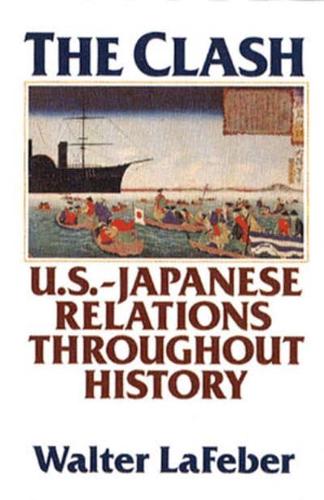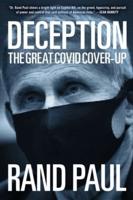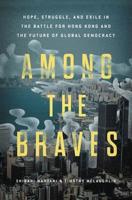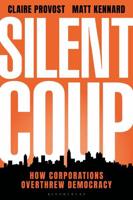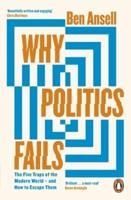Publisher's Synopsis
How two economies with divergent political orientations have competed--and often collided--with each other. When Commodore Matthew Perry sailed into Tokyo harbor in July 1853, opening Japan to the West, Americans and Japanese immediately began to misunderstand each other. This relationship between the United States and Japan--now the world's two greatest economic powers and fierce competitors--remains immensely important, highly fragile, and little understood on either side of the Pacific. Walter LaFeber, one of America's greatest historians, has written the first book to tell the entire story. Using both American and Japanese sources, LaFeber focuses on two central themes: the role of China which, ghostlike, has always haunted and shaped U.S.-Japanese policies, and the nature of the two capitalisms that have constantly clashed since the late nineteenth century and that led, in 1941, to Pearl Harbor and, after 1945, to today's long-term economic war.
